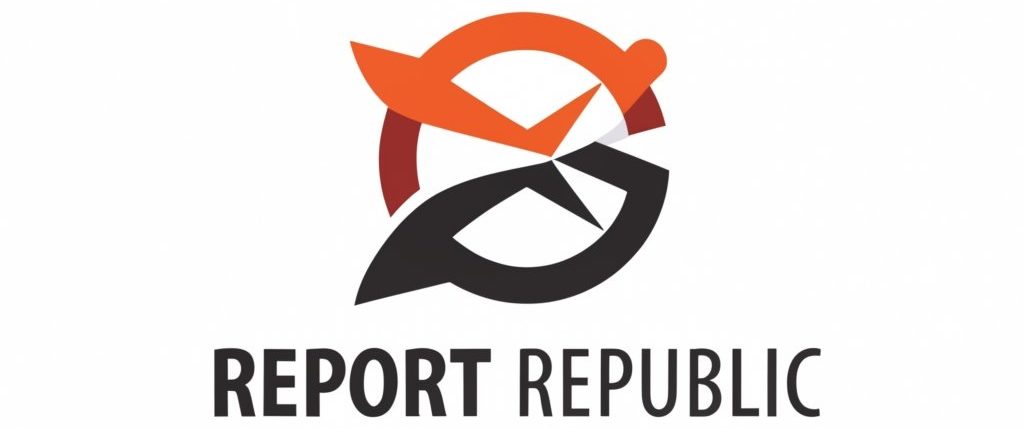Introduction:
Healthcare, an integral component of human well-being, has witnessed remarkable transformations over the years. From ancient healing practices to the modern, technology-driven healthcare systems of today, the journey has been marked by advancements, challenges, and a continuous quest for improvement. In this article, we will explore the multifaceted landscape of healthcare, touching upon its historical roots, present challenges, and the innovative solutions that are shaping its future.
Historical Perspectives:
The roots of healthcare can be traced back to ancient civilizations, where traditional healing methods were deeply rooted in cultural practices. Over time, these practices evolved, and the field of medicine formalized with the establishment of the first medical schools in ancient Greece. The Middle Ages saw the rise of hospitals and the beginning of a more organized approach to healthcare.
The Modern Healthcare System:
Fast forward to the present, and we find ourselves in a complex healthcare ecosystem encompassing a broad spectrum of services. The integration of medical knowledge, technological advancements, and a diverse array of healthcare professionals characterizes modern healthcare. Primary care, specialized treatments, preventive measures, and public health initiatives collectively contribute to a comprehensive healthcare framework.
Challenges in Contemporary Healthcare:
Despite the progress, contemporary healthcare faces a myriad of challenges. Access to healthcare remains a global concern, with disparities in resources and infrastructure. The rising costs of medical treatments, an aging population, and the burden of chronic diseases add additional layers of complexity. Furthermore, the recent global challenges, such as the COVID-19 pandemic, have highlighted the need for agile and resilient healthcare systems.
Innovation and Technological Integration:
In addressing these challenges, healthcare has turned to innovation and technology. Telemedicine, for instance, has emerged as a transformative force, providing remote access to medical consultations and reducing geographical barriers. Artificial intelligence (AI) is being employed to analyze vast amounts of healthcare data, enhancing diagnostics, treatment plans, and drug discovery.
Electronic Health Records (EHRs) have streamlined information management, promoting better coordination among healthcare providers. Wearable devices and mobile health applications empower individuals to monitor their health in real time, fostering a proactive approach to well-being. These technological advancements not only improve efficiency but also contribute to more personalized and patient-centric care.
Preventive Healthcare and Public Health Initiatives:
A shift towards preventive healthcare is gaining momentum, with an increased emphasis on wellness and lifestyle choices. Public health initiatives, such as vaccination programs and health education campaigns, play a crucial role in disease prevention. Community engagement and awareness efforts contribute to creating a healthier society.
The Future of Healthcare:
As we look ahead, the future of healthcare promises exciting developments. Genomic medicine, precision therapy, and regenerative medicine are on the horizon, offering targeted and personalized treatment approaches. The integration of big data analytics and machine learning will continue to refine medical research and enhance predictive modeling.
Moreover, global collaboration and the sharing of medical knowledge are becoming increasingly important. The interconnected nature of health challenges requires a collective effort to find effective solutions. Governments, healthcare organizations, researchers, and technology innovators must collaborate to build resilient and adaptive healthcare systems.
Conclusion:
Healthcare, a dynamic field that has evolved over centuries, continues to be shaped by innovation and adaptation. From the humble beginnings of ancient healing practices to the sophisticated healthcare systems of today, the journey has been a testament to human resilience and ingenuity. By addressing current challenges and embracing emerging technologies, we pave the way for a healthier and more equitable future. The evolution of healthcare is a perpetual journey, and our commitment to its advancement ensures that it remains a cornerstone of human well-being.

